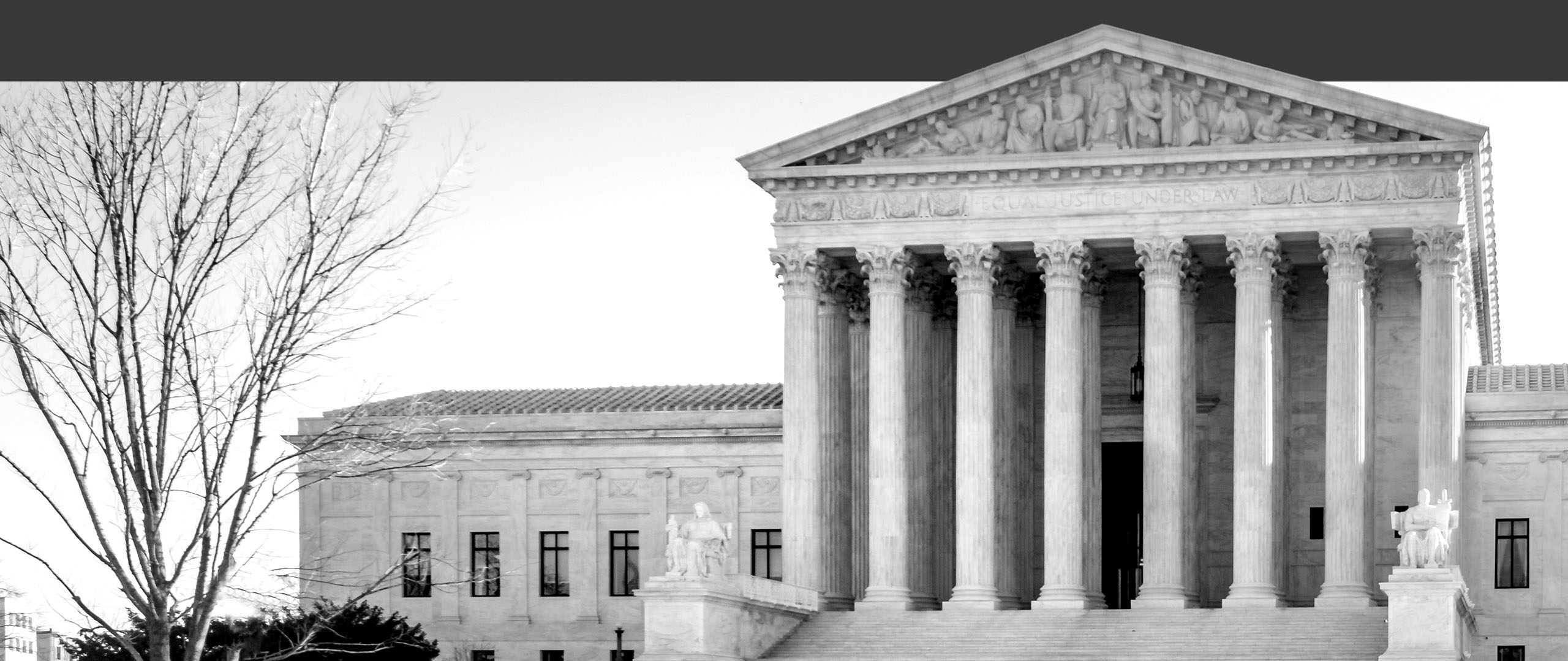
Probate is the Court-sanctioned process of administering a Will as part of a broader estate planning and administration process, by officially appointing the person in charge (the Personal Representative, more commonly known as the Executor). The Personal Representative assembles the assets, takes care of taxes, creditors, and other business, and distributes the estate in accordance with the Will.
Probate is also used when a person dies without a Will. The Court appoints an Executor (referred to as an Administrator when there is no Will, though they’re also called Personal Representative) to perform these same tasks, except that the estate is distributed to “heirs” under the intestacy laws. Heirs are generally the next of kin and can include the spouse, the children, or more remote relatives of the person who passed, in order of priority set by law. “Probate” can sound overwhelming but isn’t usually as burdensome as the name seems to imply.
In an estate with enough assets to pay all claims against it, Washington law allows the Personal Representative to act without Court involvement on nearly all matters, saving a significant amount of time and money. Persons with larger or more complex estates might want to avoid probate. Those with out-of-state assets, a desire for privacy, or a need to plan the transition of management of assets, should consider using a Living Trust as their primary estate instrument rather than a Will.
In addition, some types of holdings, including life insurance, retirement benefits, and joint accounts, pass by their own designations. A Will or Living Trust will not affect them. They should be thoughtfully coordinated with an overall estate plan to reduce the risk of future estate disputes among beneficiaries. It is essential to have proper legal advice to see that the different elements of one’s estate will flow in desired directions and to have the right persons named to handle the process.
If I have a will, why do I need probate?
A will isn’t legally effective until it has been probated by the Court. When the Court accepts the Will for probate, it also appoints an Executor. Until then, the person named in the Will to be the Executor is just the nominated Executor.
Does there need to be a probate when it’s a small estate?
Washington has a Small Estate Affidavit procedure for people whose assets total less than $100,000 and don’t include real estate. In those cases, no probate is required. Family members often still need help drafting the small estate affidavit, using it to claim assets, understanding which bills to pay, notifying creditors, and distributing assets to beneficiaries. Additionally, the Small Estate Affidavit procedure can help when the estate is larger, but most of the assets pass to beneficiaries via beneficiary designations or a Living Trust.
Does there need to be a probate when the person’s debts exceed their assets?
Often there is no need for a probate when there is an insolvent estate. Family members inform creditors that there was no probate. Creditors are allowed to open a probate themselves if they believe there are assets they are entitled to.
Does there need to be a probate when there is a reverse mortgage?
Generally, there is no need for a probate with a reverse mortgage. Family members send a death certificate to the mortgage company, and the company forecloses on the house. However, when the real estate market is doing well, family members often are surprised to learn that the value of the home exceeds the amount owed on the reverse mortgage. They may choose to open a probate to sell the house, pay off the mortgage and keep the equity, or purchase the home themselves. Note, however, that reverse mortgages usually include significant fees that must also be paid.

RCW 61.40.010 – Important New State Law Regarding Purchase of Off-Market Properties

Promotions to Senior Associate

New GTH Partner – Jeff Nielsen




